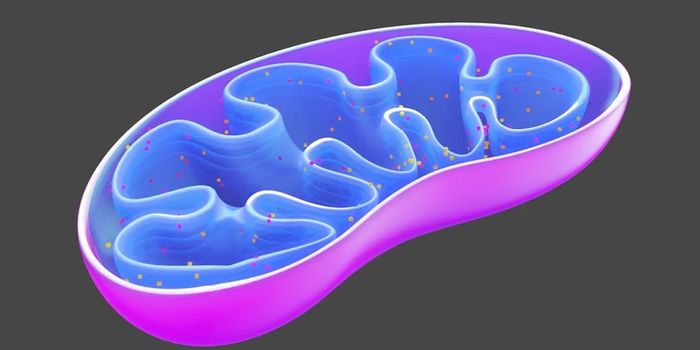Do We Really Need Exercise?
We’ve all heard it; regular exercise is necessary for a healthy lifestyle. After all, physical fitness is typically related to better physical and mental functioning, and thus more satisfactory, healthier lives. But why is this?
Some of our nearest cousins: chimpanzees, bonobos, orangutans and gorillas, are able to remain healthy at low activity levels. Even though they typically spend 10 hours a day resting, grooming and eating, alongside another 10 hours for sleeping, they still manage to remain lean and healthy. They typically have low rates of heart disease and diabetes both in the wild and in captivity (Greenwood: 2019).
It’s different for humans however. Such a lifestyle would more than likely not only lead to heart disease and diabetes, but a host of other conditions related to physical inactivity. Having split from bonobos and chimpanzees between 6-7 million years ago, there were two crucial moments that occurred during our evolutionary journey that seem to have triggered our genetic predisposition to exercise.
The first was 1.8 million years ago when humans began to use stone tools to slaughter animals, most likely after having chased them down (Pontzer: 2019). This first crucial moment then led to the second crucial moment revealed by gene analysis, that it was approximately around 500,000 years ago, when our ancestors were still Homo erectus and not yet Homo sapiens, that human physical-activity related gene variants entered our genome (Reynolds: 2019).
An evolutionary inflection point, it was at this point that human bodies and brains also began to grow and the savanna they inhabited began to spread. This then encouraged their need to forage more extensively for food. During this time of course, hunting and gathering would have been key for survival, thus making the ability to run longer distances and remain physically active for longer necessary for survival (Pontzer: 2019).
To accommodate these changes in needs for survival, our physiology of course changed too. To be able to exercise more, our brains evolved to require less sleep- just seven hours per day, as opposed to the approximately 10 that apes have. Our brains also evolved to reward prolonged exercise by producing endocannabinoids.
Exercise then began to enable the expansion of the brain during childhood and adulthood, and improve memory- important when foraging for long periods of time to properly navigate to and from the tribe, to recognise and find food, and of course monitor the surrounding terrain (Raichlen: 2017). Yet, neurological differences weren’t the only differences to occur. Our leg muscles evolved to be 50% larger than those of other apes, and we also have more red blood cells to carry oxygen to our muscles (Greenwood: 2019).
Yet, despite having mentally and physically evolved to best accommodate exercise, we do not necessarily require it to function, nor arbitrarily desire it. After all, people often tend to avoid exercise in favor of more sedentary lifestyles despite knowing its benefits. Thus, as we evolved a capability to exercise from necessity- surviving in unknown environments with unknown and possibly scarce food sources- it makes sense that when the need to exercise is removed, the desire to exercise dissipates as well.
Although studies have not been carried out on hunter gatherer tribes to confirm this, it seems entirely possible that, would their need to forage and hunt for food be removed by access to supermarkets and stores, they would adopt more sedentary lifestyles out of pragmatism just as we did. Thus, to ensure we get enough exercise to properly function, it may be necessary to make exercise feel necessary. Although exercising for health reasons alone may be enough for some, for others, it is insufficient. Alternative ways to necessitate physical activity- by playing games, being in an environment that encourages walking, running etc. could therefore be a good way to dupe ourselves into feeling a need to exercise, and thus satisfy our biological demands (Lieberman: 2015).
To conclude, the need to find food in unknown and changing environments is likely what stimulated our biological capacity to exercise. Necessary for survival for so long, we are biologically unequipped for the comparably sedentary lifestyles we have achieved in the last few centuries. This means that, in order to be healthy, we must still exercise in a way that feels necessary in our social context.
Sources
Greenwood, Dr. Sadja: Point Reyes Light
Pontzer, Herman: Scientific American
Reynolds, Gretchen: New York Times
Raichlen, David A. et al.: Cell.com
Lieberman, Daniel: Harvard.edu











